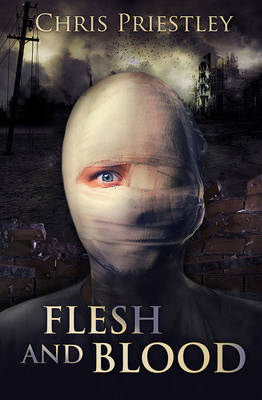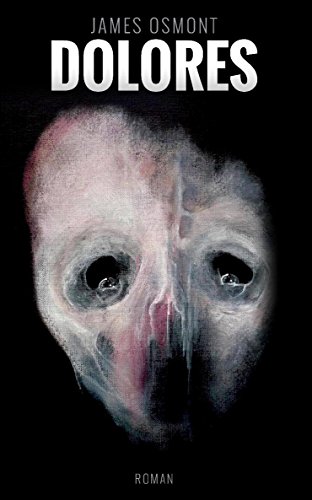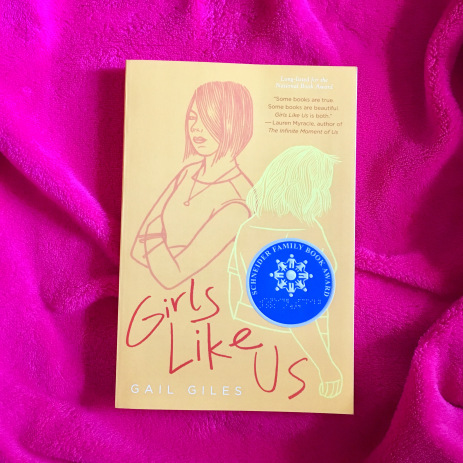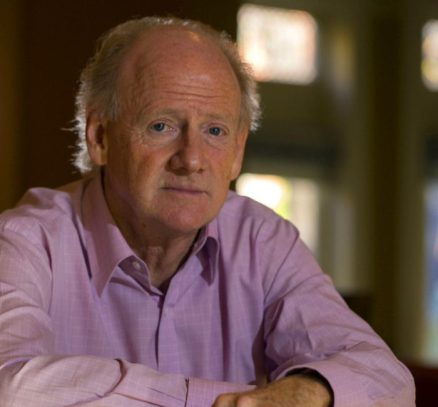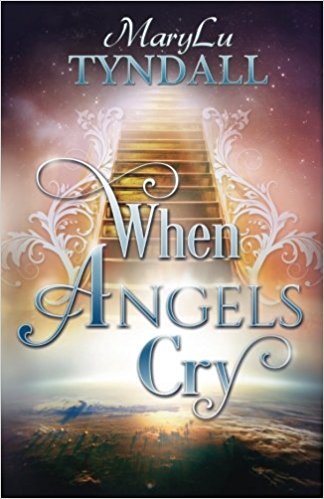Early last week the US Patent and Trademark Office registered a trademark for a band called “The Slants” six years to the day after it was applied for.
The Asian-American band from Washington state attempted to trademark their name was refused on the basis that it was offensive. The Government argued that even though they have no right to limit private speech, registering a trademark is government speech so they can regulate their own speech within breaching the first amendment.
The Supreme Court in Matel v Tam unanimously decided along classic first amendment lines that even though the policy did not “play favorites”, limiting any speech was not permissible and that trademarks are an expression of private speech.
Our cases use the term “viewpoint” discrimination in a broad sense, and in that sense, the disparagement clause discriminates on the bases of “viewpoint.” To be sure, the clause evenhandedly prohibits disparagement of all groups. It applies equally to marks that damn Democrats and Republicans, capitalists and socialists, and those arrayed on both sides of every possible issue. It denies registration to any mark that is offensive to a substantial percentage of the members of any group. But in the sense relevant here, that is viewpoint discrimination: Giving offense is a viewpoint.
We have said time and again that “the public expression of ideas may not be prohibited merely because the ideas are themselves offensive to some of their hearers.” Street v. New York, 394 U. S. 576, 592 (1969). See also Texas v. Johnson, 491 U. S. 397, 414 (1989) (“If there is a bedrock principle underlying the First Amendment, it is that the government may not prohibit the expression of an idea simply because society finds the idea itself offensive or disagreeable”)
The decision makes it unlikely that other trademarks that may be considered “offensive” will not likely face the chopping block anytime soon; well-known recent examples such as the Washington Redskins.
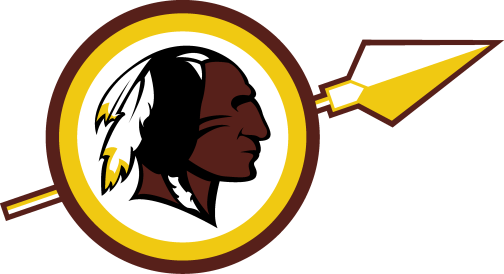
Australian Perspectives – Nucking Futs
Australian Intellectual Property law is not quite so lenient. There are the protections under s 18C of the Racial Discrimination Act 1975 (Cth) to make unlawful any act if:
(a) the act is reasonably likely, in all the circumstances, to offend, insult, humiliate or intimidate another person or a group of people; and
(b) the act is done because of the race, colour or national or ethnic origin of the other person or of some or all of the people in the group.
But as best as I could tell this has never been applied to prevent registration of a patent or trademark. Instead, we have s 42(a) of the Trade Marks Act 1995 (Cth), which states that a trademark application will be rejected if “the trade mark contains or consists of scandalous matter“. “Scandalous” is not defined in the act or the associated regulations.
The Australian Trade Marks Office will determine, on a case-by-case basis, guided by:
- the actual words or images applied for;
- the intended market for the relevant goods and services; and
- the level of acceptance of the terms within the general population.
Overt imagery or words will be considered scandalous but mere suggestion will not be sufficient. Words or images that are too similar to offensive content will also be scandalous.
- Nucking Futs = Acceptable
- Pommiebasher = Acceptable
- Farkoff = Acceptable
- Cunce = Acceptable
- Kunt = Unacceptable
Out of these three, “Pommiebasher” was the most controversial as the trademark office considered whether the term was a form of racial vilification. Eventually, they decided that the term was “ordinary and acceptable, if colourful and colloquial, language”.
It may surprise many to know that Australians have no explicit right to free speech. Scandalous may be a high threshold but it errs on the side of allowing speech (trademarks) that may be crude or in poor taste but stops short of anything that is a bit too far beyond the pale.
Share this: